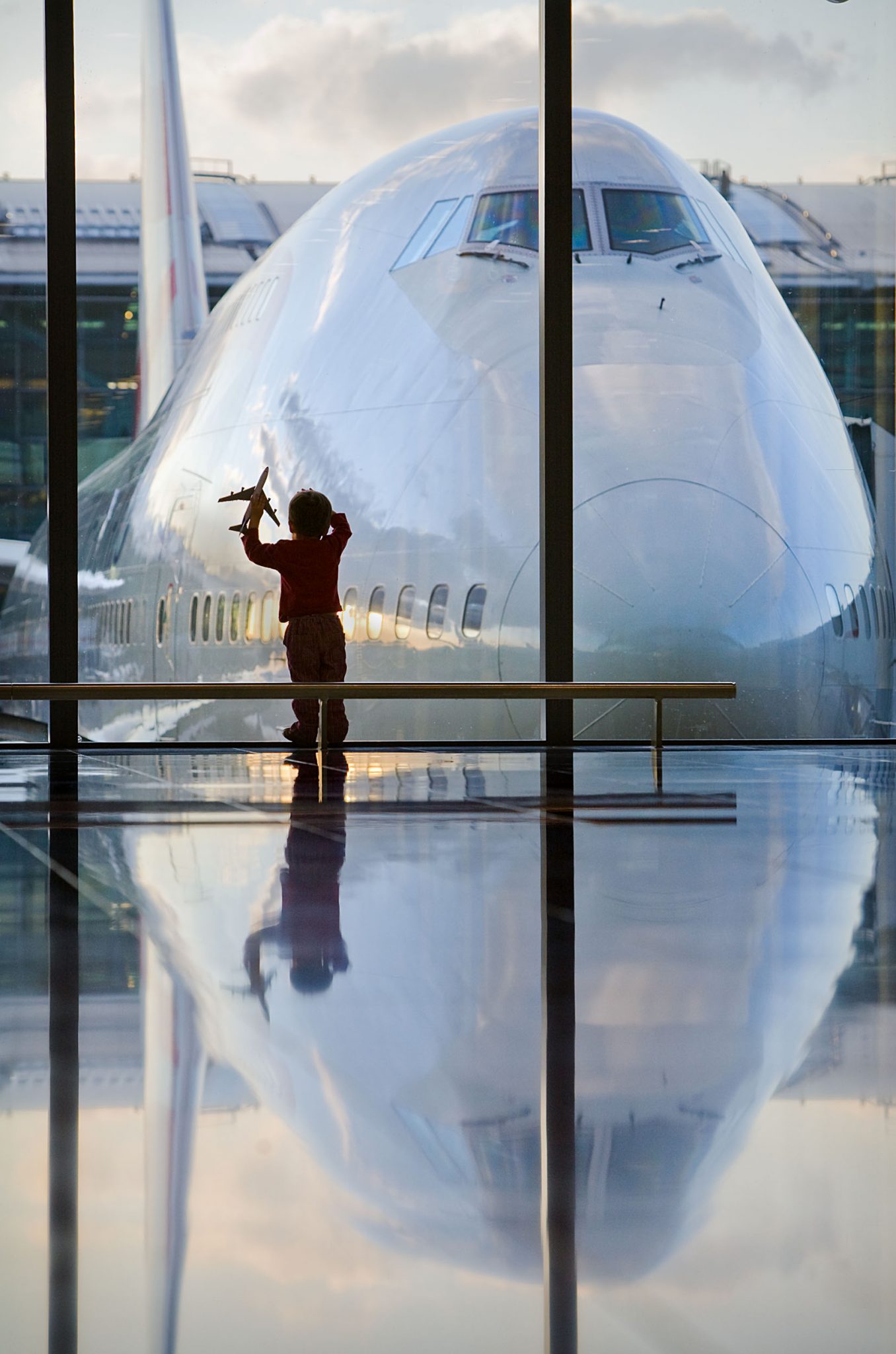In a sign of the large discrepancy between the aviation sector’s fixed costs and its current revenues, Heathrow Airport is currently paying more UK local government tax (business rates) than it is currently collecting in revenues, according to the airport’s chief executive, John Holland-Kaye
Kaye’s comments came in a message to Aviation Club members after he was forced to cancel an engagement to speak at its lunch last week, due to COVID 19, he called for the government of UK government to follow the lead of the devolved Scottish assembly in deferring business rates.
“The government can do more to help. We have been pushing for deferral of Business Rates, which represent over 10% of our costs, and currently more than our revenues. Only in Scotland has the government waived unaffordable rates to support aviation. Now we need a level playing field.”
The Heathrow chief executive said that the current pandemic highlighted the importance of aviation to the UK economy, and in turn airlines have played a critical role in ensuring supplies necessary to deal with COVID 19 are transported.
“But even as we serve the nation, the aviation sector is facing real financial distress. Our revenues have disappeared, but our costs remain largely fixed. This is an existential threat to our supply chain, as well as all those who rely on aviation for their livelihoods. We will publicly support any business in our sector that needs Government help. It is vital that we emerge from this crisis with a vibrant and competitive aviation industry.”
Kaye highlighted the need to develop common health standards to ensure a smooth exit from the pandemic, saying that due to the speed of its emergence there was currently no global consensus on best practice with regards to screening travellers.
“As we come out of this crisis, each country will be cautious about reopening their borders to avoid the risk of reinfection. Until there is a cure or a vaccination, it is likely that travel between countries will only happen if each considers the other to be low risk, and to have similar high standards. So the aviation industry needs a common biosecurity standard for air travel, just as there is for airport security.
And the UK needs to be at forefront of this. We are an island nation and a trading nation, which is why we have one of the biggest aviation sectors in the world. Millions of jobs in tourism, education, retail and exports rely on aviation. Unless we can make it safe for people to visit Britain, the UK economy will be held back. Let’s work together with the international aviation sector and governments to define and agree a common biosecurity standard.”
Kaye also said that social distancing measures, such as leaving the middle seat on planes empty, are not long-term solutions to dealing with COVID 19.
Instead they would only reduce capacity, while increasing its cost and the per passenger carbon footprint, “ for marginal safety improvement”, and again highlighted the need for common standards to be agreed.
“Maybe it is better that, as with airport security, the test for whether someone is safe to fly should take place at the entrance to the airport or at airport security, so that we can minimise the need for social distancing on the plane or at the gate.
If there is a common international standard, we will know that any arriving passenger will be low risk and we can minimise the need social distancing in immigration or baggage reclaim also.”

